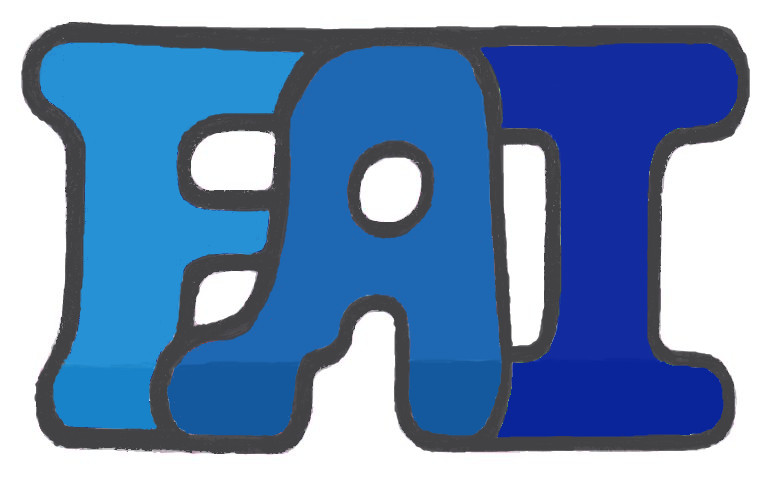
|
Foundations of Artificial Intelligence (FAI) Group
|

|
Seminar: Neural Networks in AI Planning (NNPLAN)
Presentation date: August 11 in MS Teams
Basics. Seminar, 7 graded ECTS points.The seminar will be run in a block format. There will be an initial meeting on Wednesday, April 14, 16:15-17:45. All student presentations will be given on a single day after the end of term. A detailed schedule is given below.
All meetings will take place in MS Teams. The seminar language is English throughout.
Supervisors for the seminar are Daniel Höller, Daniel Fišer, Marcel Steinmetz, Patrick Ferber, and Jörg Hoffmann
Your task will be to read and understand a piece of research, to write a summary paper in your own words, to give a presentation, and to provide detailed feedback for the paper and presentation of a fellow student.
All email interaction must be pre-fixed with "[NNPLAN-21]" in the email subject.
No plagiarism. It is Ok (and encouraged!) to use web resources to further your understanding of your assigned topic. However, it is inadmissible to use pieces of such material for your summary paper or presentation. Any plagiarism will result in disqualification from the seminar.
Content. Planning is the sub-area of AI concerned with complex action-choice problems, which occur in a broad range of applications ranging from game playing to smart production. Learning is a natural approach to planning effectively in a given application, and recent results on complex board games (AlphaGo/Zero systems series) has shown the power of this approach. Yet beyond board games this approach is still in its infancy, and strong generalization across structure such as different goals and scaling instance size remains a widely open research problem. The seminar covers works at the current research frontier investigating neural architectures in general planning.
Prerequisites. Participants must have successfully completed an Artificial Intelligence core course. They should be familiar with automatic planning at least to the extent of the material covered in the Artificial Intelligence course; successful participation in one of our AI Planning courses will be an advantage, but is not absolutely necessary to follow the seminar. Furthermore, good basic knowledge on neural networks is required. Ideally, at least one lecture relevant to neural networks was completed.
Registration. Is via the central seminar registration system.
Grading. The final grading will be based, in this order of importance, on:
Summary Paper. For the summary paper, you must use this tex template. You are required to read at least 2 related papers, for the related work section. You are allowed to modify the section structure given in the template if, for whatever reason, this is more adequate for the work you are summarizing.
The seminar paper should be about 4 pages long (not counting the literature list, and in the double-column format of the template). This is a rough guideline, not a strict rule. If you need, say, 5-6 pages to do your paper justice then definitely do so.
Schedule and Deadlines (tentative!).
Note that each topic is associated with a mentee student (to whom you will provide feedback, see the following deadlines); and a mentor student (who will provide feedback to you, see the following deadlines). The mentee/mentor assignment will be a "cycle" through each of the four topic areas as listed below: within areas with 2 topics, the two students mentor each other; within areas with 3 topics, the student with topic 1 mentors the student with topic 2, who mentors the student with topic 3, who mentors the student with topic 1. If you want to team up with someone specific, please do state that in your email.
Read the material associated with your topic carefully, and prepare an initial version of your summary paper, using the tex template given above.
NOTE: The following deadlines marked with "(ca.)" are meant as a guideline. You are required to do these things, but if you do them 3-4 days earlier or later, that is no problem.
Topics. Each participant will be assigned one topic, each of which consists of one paper. The overall amount and difficulty of the material associated with each topic is roughly balanced.
Area 1: Graph Neural Networks (supervisor: Patrick Ferber)
Area 2: Supervised learning of heuristics (supervisor: Jörg Hoffmann)
Area 3: Reinforcement learning of heuristic functions (supervisor: Marcel Steinmetz)
Area 4: Learning action policies (supervisor: Daniel Höller)
Area 5: Dynamic Algorithm Configuration (supervisor: Daniel Fišer)